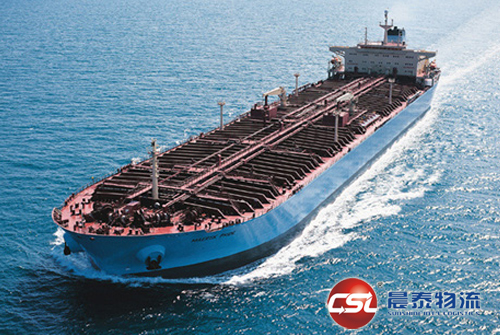
Freight rates for large capesize dry cargo
ships on key Asian routes could stay around current levels next week, supported
by stable cargo volumes and firm bunker prices, ship brokers said. “This week
isn’t bad. We see support for the market. May and June fixtures are in the
$7.50 to $7.80 per tonne range for some operators” for a Brazil to China
voyage, said a Shanghai-based capesize broker on Thursday. “All the miners –
Vale, Rio Tinto, BHP Billiton and Fortescue Metals – are active,” the broker
said.
Rates for the Brazil-China route rose to
$7.49 per tonne on Wednesday, against $6.73 per tonne last week. That is
slightly down from $7.54 hit on Monday, the highest since December 16. Iron ore
imports into China are likely to remain high in the second quarter as
Australian miners increase shipments to meet targets before their financial
year ends in June.
“The main
driver of the latest market increase has been the high activity from the West
Australian mining companies,” Norwegian shipbroker Fearnley said in a weekly
note on Wednesday. Capesize charter rates for the Western Australia-China route
climbed to $3.74 a tonne on Wednesday, up from $3.51 per tonne the same day
last week. Rates hit $3.92 on Monday, the highest since December 11.
There is more optimism in the capesize
market for the first time this year, the Fearnley note continued. The slightly
firmer rates this week led owners to continue to activate anchored tonnage.
“Four or five ships were fixed this week that were idle. We don’t see many
hidden vessels now. Higher bunker prices are lending support,” the Shanghai
broker said. Shipowners with vessels on the spot market pay for their own fuel
and add a bunker premium to freight rates if fuel prices move higher, brokers
said. Higher earnings are expected in April and going into May and June, said
Luciana Salles, principal trade analyst at IHS Maritime & Trade.
“Short-lived
rebounds will bring occasional relief to the market. Many questions remain,
however, as to when the current situation in the dry bulk markets will give
rise to more sustainable rates on the whole,” Salles added. Panamax rates for a
north Pacific round-trip voyage continued to firm, rising to $4,611 per day on
Wednesday from $4,403 last week. That’s the highest since March 16.
Growth in South American wheat exports
should hopefully support the panamax and smaller supramax markets, said Ralph
Leszczynski, head of research at Banchero Costa in Singapore. “Exports from
Argentina have already increased to the highly competitive Middle East region.
Argentina is expected to increase exports to Asia, stealing share from
Australian exporters,” Leszczynski said in report on Thursday.
Freight rates for smaller supramax vessels
continued to improve but slowing charter volumes had led some owners to believe
a temporary top has been reached, the Fearnley note said. The Baltic Exchange’s
main sea freight index rose to 567 on Wednesday, up from 500 the same day last
week.


